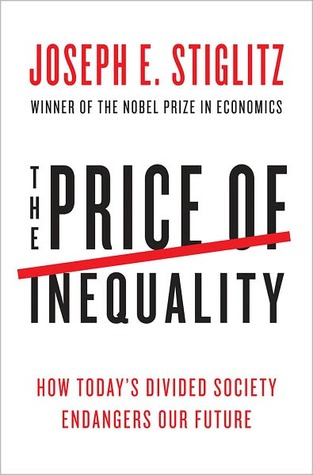More on this book
Community
Kindle Notes & Highlights
Started reading
January 12, 2019
What happened in the midst of the crisis made clear that it was not contribution to society that determined relative pay, but something else: bankers received large rewards, though their contribution to society—and even to their firms—had been negative. The wealth given to the elites and to the bankers seemed to arise out of their ability and willingness to take advantage of others.
As the financial crisis unfolded, we saw how the banks managed perceptions. We were told that we had to save the banks to save the economy—to protect our jobs no matter how unsavory the bailouts felt at the time; that if we put conditions on the banks it would roil the markets, and we would all be the worse for it; and that we needed to save not only the banks but also the bankers, the bank’s shareholders, and the banks’ bondholders. There were, of course, countries like Sweden that had done otherwise, that had played by the rules of “capitalism” and put banks whose capital was inadequate into
...more
If we add up the losses from the financial sector’s misallocation of capital before the crisis and the shortfall between the economy’s potential output and actual output after the bubble burst, we get a number in the trillions of dollars.


